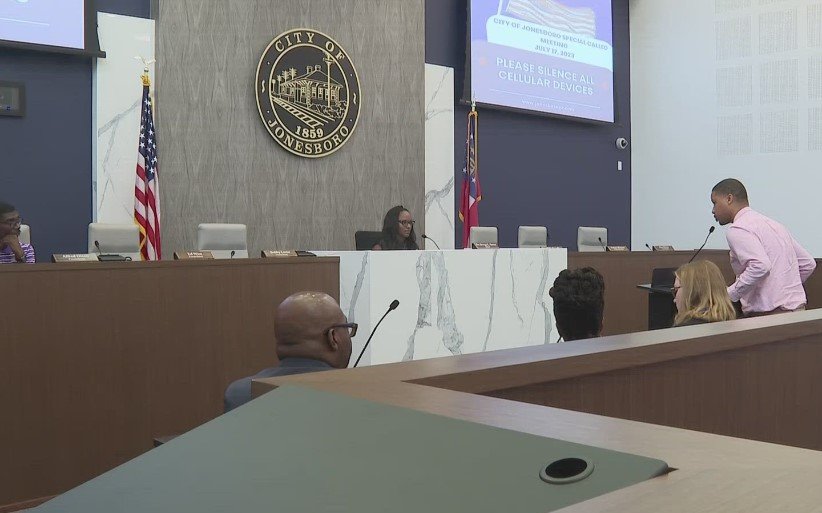The City of Jonesboro is currently addressing a significant issue regarding the residency status of one of its council members. This matter has raised questions about the eligibility and compliance of elected officials with local residency requirements. The council member in question has been under scrutiny to determine whether they meet the necessary criteria to continue serving in their position. This situation has sparked a broader discussion about the importance of residency rules for maintaining the integrity of local governance.
Residency Requirements and Compliance
Residency requirements for council members are crucial to ensure that elected officials genuinely represent the communities they serve. In Jonesboro, council members must reside within the city limits for at least one year prior to their election and must continue to reside there during their term. These rules are designed to ensure that council members have a vested interest in the community and are familiar with the issues and concerns of their constituents.
The current situation arose when questions were raised about the council member’s primary residence. An investigation was launched to verify whether the council member had maintained their residency within the city limits as required. This investigation included reviewing various documents such as utility bills, voter registration records, and other official documents to establish the council member’s primary residence.

Ensuring compliance with residency requirements is essential for maintaining public trust in local government. When elected officials adhere to these rules, it reinforces the legitimacy of their position and their commitment to serving the community. The outcome of this investigation will determine whether the council member can continue to serve or if a vacancy will need to be filled.
Impact on Local Governance
The residency issue has significant implications for local governance in Jonesboro. If the council member is found to be in violation of residency requirements, it could lead to their removal from office and the appointment of a new representative. This process can be disruptive and may impact the council’s ability to effectively govern and address the needs of the community.
The situation has also highlighted the importance of transparency and accountability in local government. Residents expect their elected officials to comply with all legal requirements and to act in the best interests of the community. Any deviation from these expectations can erode public trust and confidence in local governance.
Addressing this issue promptly and transparently is crucial for maintaining the integrity of the council and ensuring that all members are held to the same standards. The council’s response to this situation will set a precedent for how similar issues are handled in the future and will demonstrate the city’s commitment to upholding the law and serving its residents.
Broader Implications and Future Considerations
The residency issue in Jonesboro has broader implications for other municipalities as well. It serves as a reminder of the importance of clear and enforceable residency requirements for elected officials. Ensuring that these rules are consistently applied and enforced is essential for maintaining the integrity of local governance across the country.
Municipalities may need to review and update their residency requirements to address any potential loopholes or ambiguities. Clear guidelines and robust enforcement mechanisms can help prevent similar issues from arising in the future. Additionally, providing education and resources to elected officials about residency requirements can help ensure compliance and prevent misunderstandings.
The situation in Jonesboro also underscores the need for ongoing vigilance and oversight in local government. Regular audits and checks can help identify and address any potential issues before they become significant problems. By proactively addressing these concerns, municipalities can maintain public trust and ensure that their elected officials are truly representative of the communities they serve.
